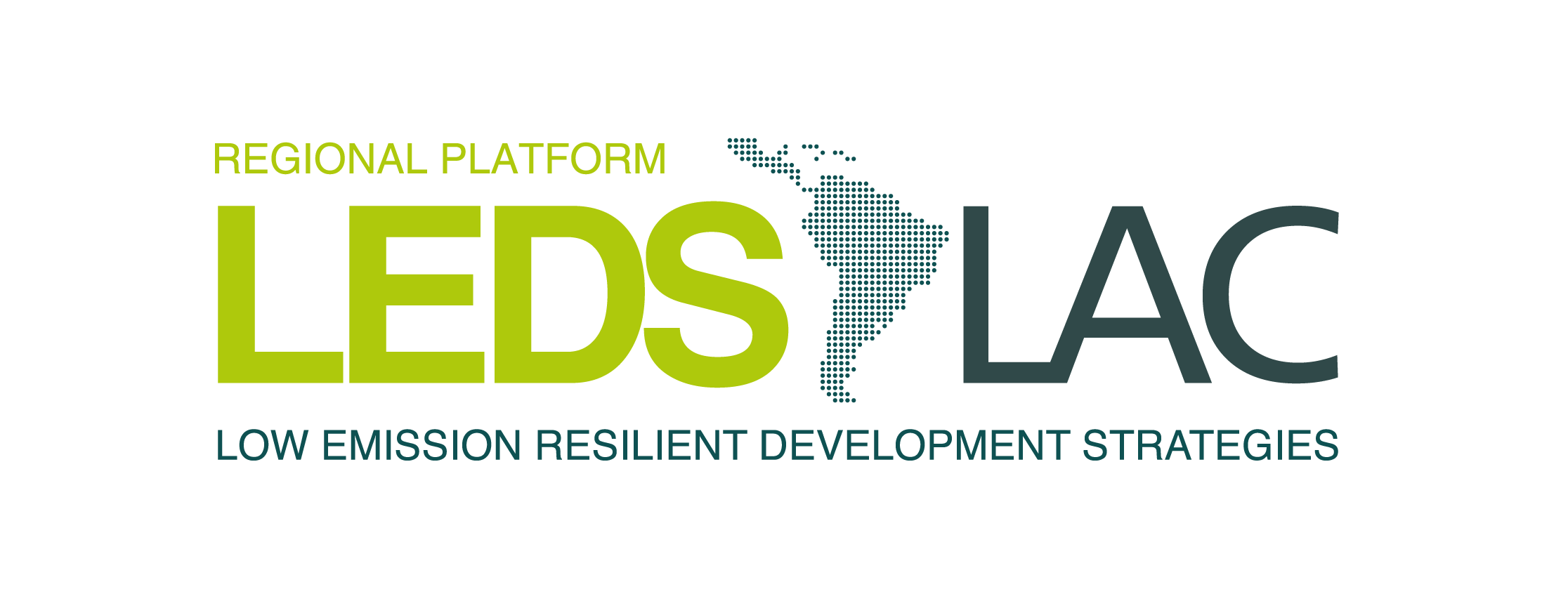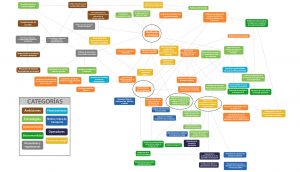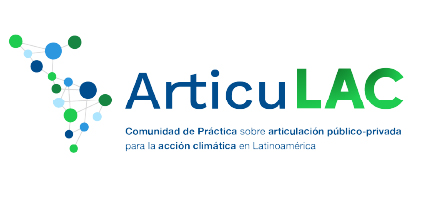
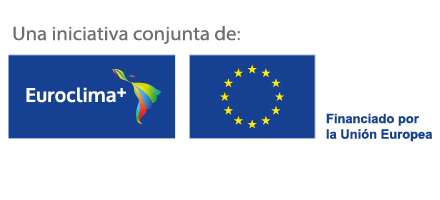

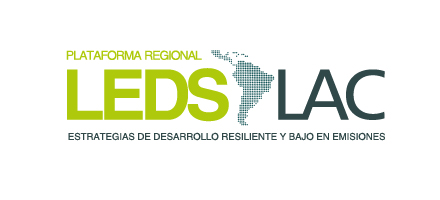
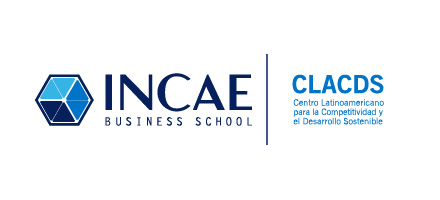
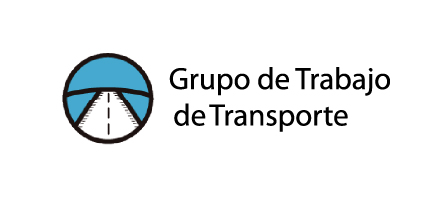
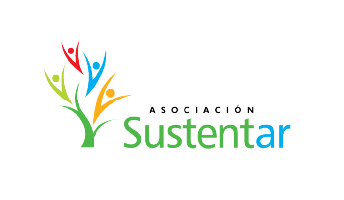
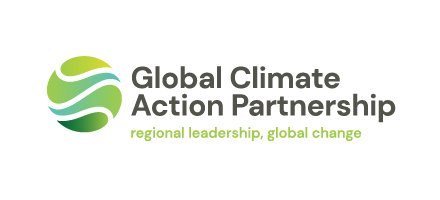
Link between energy and decarbonization
of transportation: roles of public and private stakeholders
This document was formulated by the coordinations of the Community of Practice on Public-Private Articulation for Climate Action in Latin America (ArticuLAC) and the Transport Working Group (TWG) of the LEDS LAC Regional Platform, based on inputs gathered during workshops with members of both communities and other key stakeholders. It was validated and strengthened with the contribution of an Editorial Committee made up of members of the TWG, ArticuLAC, the LEDS LAC Bioenergy Community of Practice and other institutional partners.
The document seeks to contribute to the understanding and strengthening of the roles played by public and private actors in the different points of interconnection between the energy sector and the decarbonization of transportation. Through the elaboration of a conceptual mapThe main elements of this system are represented, and through selected case studies, the different fields of action are made visible, with the actors involved and their respective roles.
In addition to the map, an analysis of actors, needs, contributions and interests is included, taking into account private, public and third sector actors. The document concludes with an analysis of the roles assumed by private and public actors in the definition of private strategies and public policies.
SPECIFIC OBJECTIVES

To make visible the importance and impact of the energy sector in the decarbonization of transportation and the need to strengthen the joint work between both sectors.

Detect and prioritize the connection points between energy sustainability and the decarbonization of the energy sector.
transportation.

Identify the main public and private actors in the energy sector and the transportation sector and the role of the
private actors at the main connection points.

Detail the articulation needs between the different stakeholders and the necessary public policy actions.
to make this linkage a reality.
HOW DID THE PROJECT COME ABOUT?
September 2021, ArticuLAC and the GTT initiated a collaboration to analyze the role of the private sector in the articulation between the energy and transportation sectors for the decarbonization of the economy.
After a first working session with ArticuLAC members, held in October 2021, it was concluded that this nexus has multiple dimensions and that the role of private actors may be different in each of them.
For this reason, it was decided to work jointly on the development of a conceptual map The second workshop was convened with a broader participation to strengthen business strategies and public policies towards clean and efficient transportation.
For the construction of the map they carried out two virtual workshops with active members of the ArticuLAC Community of Practice and of the Transportation Working Group. The workshops included, among others, the participation of representatives of the Bioenergy Community of Practice LEDS LAC, public transportation companies, academia, SLOCAT, ECLAC, ITF.
The resulting map seeks to represent the main elements of both sectors and their interconnections in order to detect the role played by the different actors in each of these spheres.

WORKSHOPS
October 2021
Detection of elements involved in the energy and transportation sector, main interests, needs and contributions of the actors involved in this process. 34 participants.
February 2022
Discussion of workshop 1. findings and literature review. Collaboration in determining the roles of private and public actors in defining private strategies and public policies. 15 participants.
PARTNERS

ArticuLAC is a joint initiative of the EUROCLIMA Program through the Deutsche Gesellschaft für Internationale Zusammenarbeit (GIZ), LEDS LAC and the Latin American Center for Competitiveness and Sustainable Development (CLACDS) of INCAE Business School.
It was launched in 2018 to contribute to the development and consolidation of mechanisms to articulate the participation of the private sector in the formulation and implementation of climate policies.
Currently, ArticuLAC's work focuses on aligning private sector climate action with national strategies and goals. Representatives of public and private organizations from thirteen Latin American countries participate in the community.

The Transportation Working Group (TWG) of the Regional Platform for Latin America and the Caribbean (LEDS LAC) was created in 2014 and since April 2019, it is coordinated at the Latin America and Caribbean region by the Sustentar Association. It seeks to build a resilient, low-emission transportation community at the regional and global level by supporting the community, linking networks of low-emission transportation experts, and exploring opportunities for collaboration at the local and regional level.
The TWG provides support in capacity building and improvement in the design and implementation of the Contributions.
The Nationally Determined Decisions (NDC) in the Latin American region assists in the implementation of resilient and low-carbon transportation initiatives, and works on priority issues identified by its more than 1,800 members representing nineteen Latin American countries.
The GTT has two communities of practice, one in Electric Mobility and the other in Sustainable Logistics.
EDITORIAL BOARD
The work was carried out with the voluntary contribution of an editorial committee made up of members of various communities and groups working within the framework of LEDS LAC, who reviewed the document, providing strategic guidelines and suggestions on content and form.
- Evelyn Canelas-Santiesteban, Centro de Investigaciones en Arquitectura y Urbanismo (CIAU)/Universidad Privada Boliviana (UPB)
- Oscar Iván Galvis Mora, Sectorial Mines and Energy, Colombian Low Carbon Development Strategy Adapted and Resilient
- Rodrigo Jimenez Silva, Climate Policy Advisor
- Riccardo Bracho, Sanjini Nanayakkara, Josh Sperling and Daniella Rough, US National Renewable Energy Laboratory (NREL)
CREDITS
This material is the result of a collaboration between the Community of Practice on Public-Private Articulation for Climate Action in Latin America (ArticuLAC) and the LEDS LAC Transport Working Group.
ArticuLAC is a joint initiative of the EUROCLIMA Program, through (GIZ) GmbH, the LEDS LAC Regional Platform and the Latin American Center for Competitiveness and Sustainable Development (CLACDS) of INCAE Business School.
The Transport Working Group (TWG), coordinated by Asociación Sustentar, is an initiative of the Global Action Partnership (GCAP) within the framework of its LEDS LAC Regional Platform.
Prepared byCandela Echeverría, Carolina Chantrill, Lorena Ospino and Virginia RivabenAsociación Sustentar / GTT; Ana María Majano, LEDS LAC and CLADCS/INCAE; Rocío Aldana, Libélula / LEDS LAC.
Content contributions and editorial review: Virginia Rivaben and Malena Hoffmann, Asociación Sustentar / GTT; Natalie Rona, Libélula / LEDS LAC; Aída Lorenzo, Comunidad de Práctica de Bioenergía / LEDS LAC.
SupervisionPablo Rojas, GIZ / EUROCLIMA
Style review: Ximena Rios
Layout: Dragonfly
More information about the CoP: https://ledslac.org/ https://euroclimaplus.org/
E-mail: [email protected]
DateApril 2023
This publication has been produced with the financial support of the European Union. Its contents are the sole responsibility of the Community of Practice on Public-Private Articulation for Climate Action in Latin America (ArticuLAC) and the LEDS LAC Transport Working Group and do not necessarily reflect the views of the European Union.

